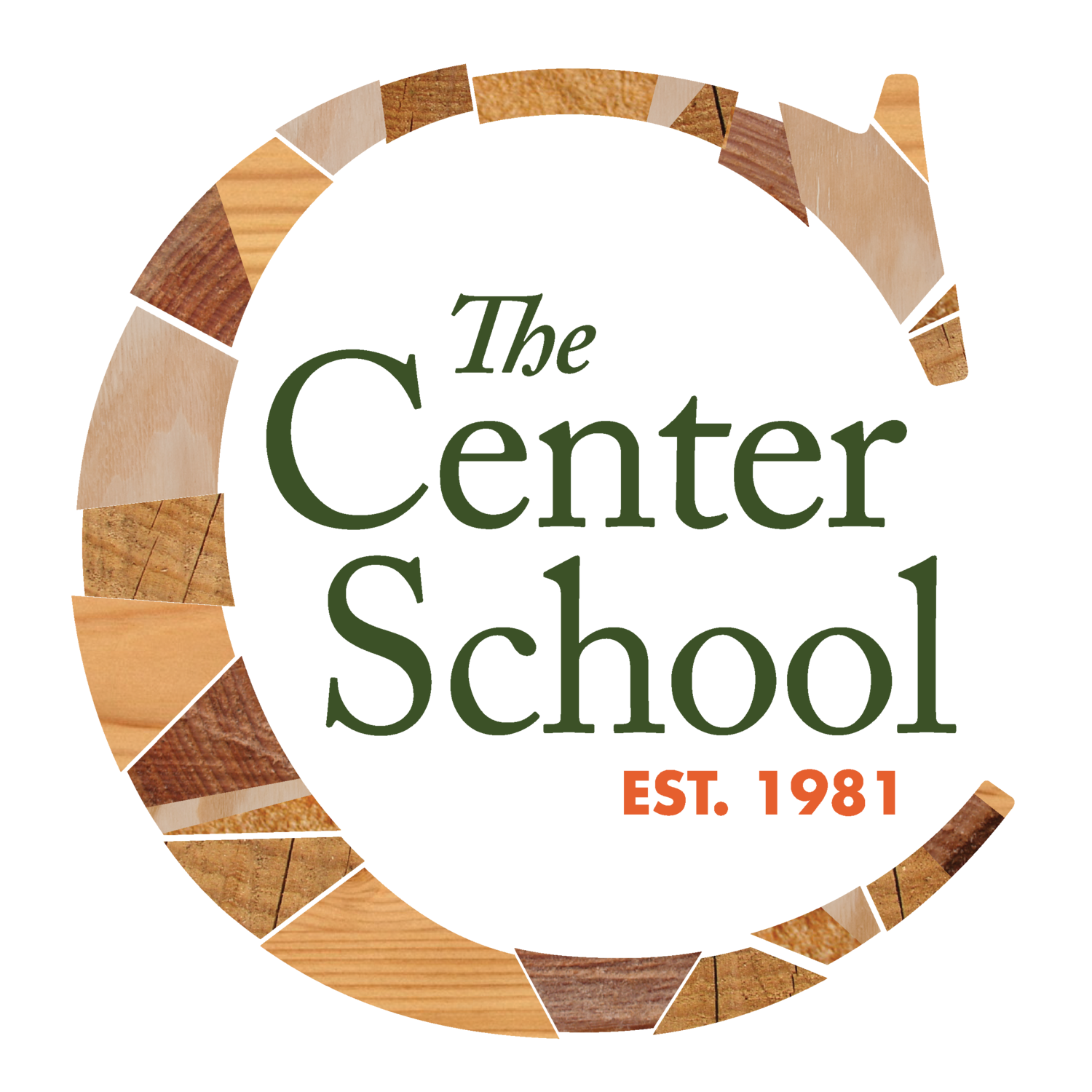Foodie Friday with the Mups
Food is deeply woven into the fabric of American culture, reflecting our rich history and diversity. From the Indigenous Peoples’ understanding of the complex, symbiotic relationship of corn, beans, and squash, to the vibrant flavors brought by immigrants from around the world, food tells the story of who we are. In all of our lives, family recipes are passed down through generations, bringing people together around the table. Holidays and special occasions are often marked by meals that carry cultural significance, like Seder with Matzo, Lunar New Year dumplings, or Eid sweets. Through food, we celebrate our heritage, express creativity, and build community.
In the Mups, we embrace food as a way to learn about different cultures and foster curiosity about the world. Through our Foodie Friday unit, we engage in hands-on cooking activities, read picture books, and share stories about our own favorite family dishes. We encourage students to see food as more than just nourishment—it’s a connection to history, tradition, and each other. By understanding where our food traditions come from and appreciating their role in different communities, we help students develop respect for diverse cultures and the environment. In this way, food becomes not just a daily necessity, but a meaningful part of learning and growth.
Bread is a staple in cultures around the world, symbolizing nourishment, tradition, and community. Two weeks ago, we read the book, Everybody Bakes Bread, by Norah Dooley. The story follows a child traveling through her neighborhood, learning about the different types of bread that her neighbors make. From Barbadian Coconut Bread to Indian Chapati, we learn through the story that bread is a thread that connects everyone. For Foodie Friday, we wanted to celebrate the way bread connects us by making pizza. The kitchen was filled with laughter and noise as we stretched the dough and added our toppings. Many students added a topping they’d never tried before, like mushrooms and black olives. Through learning about bread, students were able to dive deeply into the history, the traditions, and the joy of breaking together.
We also explored some of the ways in which Black scientists have made incredible contributions to how we grow, prepare, and enjoy food in America. The Mups learned about Dr. George Washington Carver, who revolutionized agriculture by promoting crop rotation and peanut farming. Dr. George Washington Carver used peanuts to make shampoos, lotions, and cooking oils, among many other peanut-based items. While it is a common misunderstanding that he invented peanut butter, we thought that making peanut butter would be a delicious way to use the peanuts that Dr. Carver studied so carefully. The Mups roasted, shelled, and seasoned the peanuts before pureeing them in a food processor. Many Mups thought the peanut butter tasted “different” than the kind they eat at home, and enjoyed it because it was warm. We know that by linking food to history, The Mups are gaining a deeper appreciation for the people behind the food we eat and the lasting impact of Black excellence in science and agriculture.
Last Friday, we made a Three Sisters soup. Through using food to connect with history, nature, and each other, making soup with Three Sisters ingredients was a perfect way to do just that. The Three Sisters—corn, beans, and squash—are an important part of Indigenous agricultural traditions, grown together in a way that supports the soil and each plant’s growth. When we make soup using these nourishing ingredients, we’re not only cooking a delicious meal but also learning about sustainability, cooperation, and the wisdom of Native American farming practices. As students chopped squash, stirred in beans, and added corn to the pot, they engaged in hands-on learning about history, nutrition, and the importance of working together—just like the Three Sisters do in the garden.
We know that food is more than just something we eat—it’s a connection to the past, a reflection of our diverse communities, and a way to bring people together. By exploring food in our classroom and kitchens, we are helping kids understand history in a meaningful, hands-on way. Whether learning about the Three Sisters, baking bread, or preparing a favorite family dish, The Mups are discovering that food is not just nourishment—it’s a powerful link to culture, tradition, and the stories that shape who we are.





